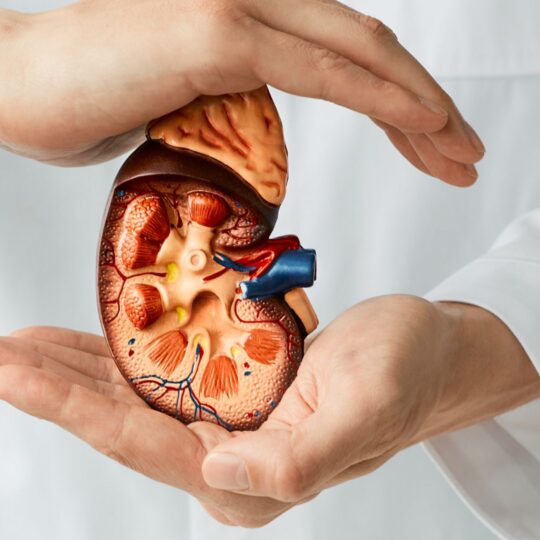
by admin | Jun 9, 2023 | Nephrologist, Uncategorized
So your child was just diagnosed with glomerulonephritis. As a parent, you want the best care possible for them during this difficult time. Kidney disease in children is a serious business, and you need a pediatric nephrologist you can trust. But how do you find the...

by admin | Dec 16, 2022 | Nephrologist
You may not know it, but the kidneys are pretty amazing organs. Not only do they help us filter out waste products and excess fluids from the blood, but they also help to control blood pressure and keep our bones strong. When something goes wrong with our kidneys, it...

by admin | Nov 25, 2022 | Nephrologist
You probably know that your kidneys play an important role in your overall health, but do you know what the nephrologist’s role is in caring for them? A nephrologist is a doctor who specializes in the care and treatment of the kidneys. If you have a kidney infection,...

by admin | Nov 8, 2022 | Nephrologist
If you’ve been diagnosed with kidney disease, it’s important to see a nephrology specialist. Here’s why. Your kidneys are one of the most important organs in your body. They remove waste products and excess fluid from your blood, help keep your blood...
by admin | Nov 8, 2022 | Nephrologist
You’ve probably heard that it’s important to take care of your kidneys, but do you know how? Here is a comprehensive guide to caring for your kidneys, from understanding how they work to preventing disease and enjoying good health. The kidneys are amazing...

by admin | Oct 10, 2022 | Nephrologist
When it comes to your health, it’s important to do your research and find the right professional to help you out. This is especially true when it comes to your kidneys. If you need a nephrologist, it’s crucial to find one that you feel comfortable with and...






